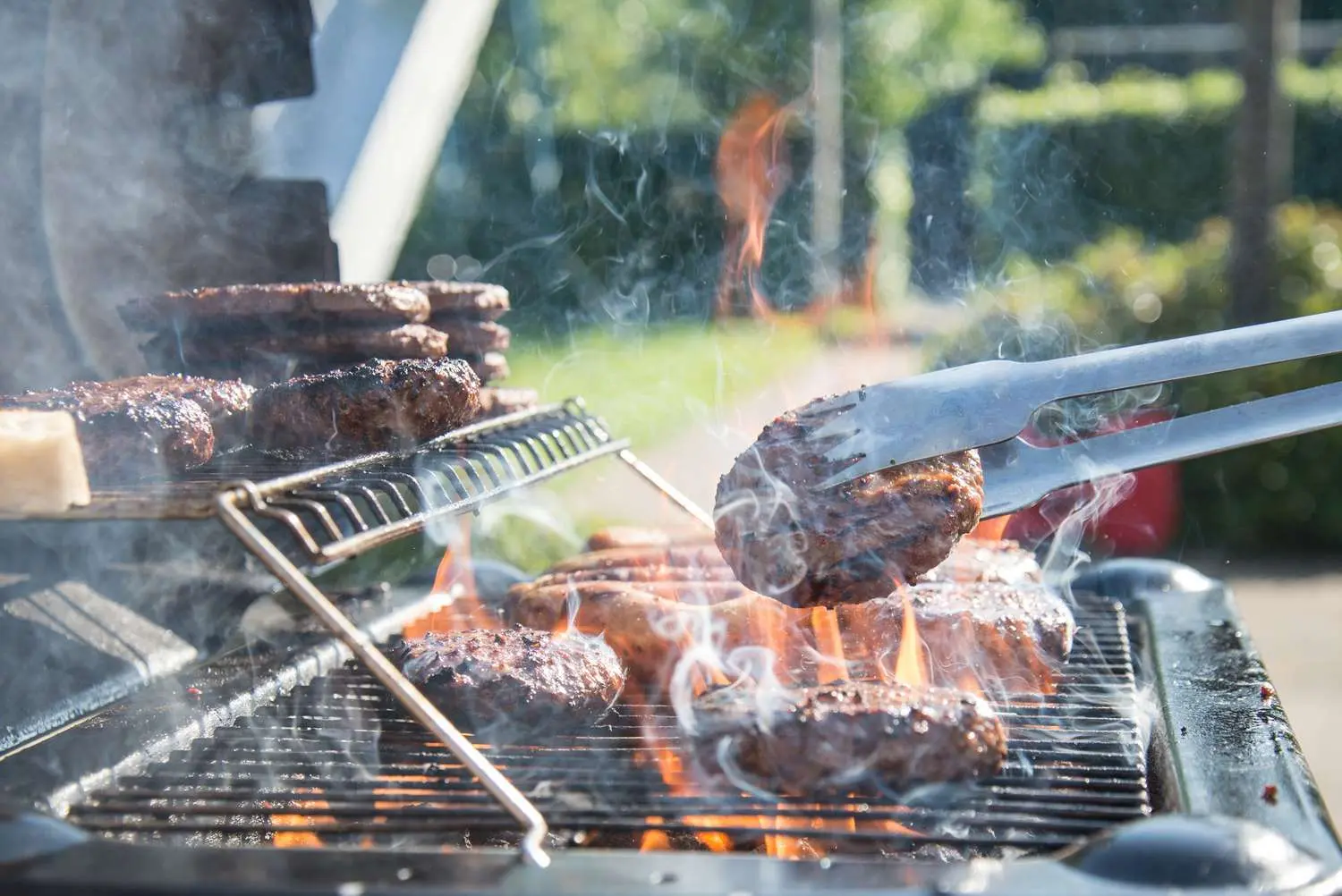Many people enjoy the smoky flavor of grilled or barbecued food. However, for some individuals, exposure to smoke from these cooking methods can trigger allergic reactions. In this article, we will explore the possibility of being allergic to smoked food, including tobacco products and barbecued dishes. We will also discuss the symptoms, diagnosis, and treatment options for smoke-related allergies.
Can You Be Allergic to Smoke?
Tobacco products, such as cigarettes and e-cigarettes, contain numerous chemicals that can irritate the body and potentially cause allergies or allergy-like symptoms. Some common symptoms of smoke-related allergies include watery eyes, sneezing, wheezing, and skin reactions like contact dermatitis. In addition, smoke exposure can worsen conditions like allergic rhinitis.
Doctors typically recommend allergy testing to identify substances that provoke allergic reactions. One of the most common tests is a skin prick test (SPT) where small amounts of suspected allergens, including tobacco and cigarette ingredients, are applied to the skin. If the skin reacts with swelling or inflammation, it indicates an allergic reaction to the substance.

Allergic Rhinitis and Tobacco Smoke
Allergic rhinitis is inflammation of the nose caused by exposure to allergens. Symptoms of allergic rhinitis may include itchy nose and eyes, sneezing, nasal congestion, a runny nose, and postnasal drip. Research suggests that exposure to tobacco smoke and other indoor air pollutants can significantly increase the risk of developing allergic rhinitis and worsen its symptoms.
Prenatal exposure to tobacco smoke can also increase a person's susceptibility to allergic rhinitis in childhood and adulthood. A meta-analysis of 16 studies found that exposure to tobacco smoke during pregnancy could increase the risk of allergic rhinitis in offspring.
Allergies and Barbecue
When it comes to barbecued food, certain types of wood and charcoal used for grilling can trigger allergic reactions in individuals with allergies or asthma. Trees like cedar, oak, hickory, and mesquite, commonly used in barbecuing, contain allergens in their wood and pollen. Smoke from these trees can carry the allergens and cause symptoms when it comes into contact with the eyes, mucous membranes, or skin.
Charcoal, commonly used in barbecues, can also trigger irritant reactions and worsen asthma symptoms. Soot produced when charcoal burns can cause respiratory-related symptoms, skin reactions, and even contribute to the development of cancer due to the release of cancer-causing substances.
Precautions and Treatment
If you know you are allergic to woods like cedar, oak, hickory, or mesquite, or have a history of allergic reactions during barbecues, it is best to use a gas or electric grill instead. These alternatives do not produce the same smoky flavor, but you can enhance the taste with dry rubs, marinades, and cooking techniques.
When attending barbecues or eating at restaurants, it is important to inquire about the cooking methods and ingredients used. If wood or charcoal is being used, consider bringing your own main dish or sticking to sides that are not cooked with the offending substances.
For most people, symptoms of wood or charcoal smoke allergies will dissipate on their own. Non-sedating antihistamines like cetirizine can help alleviate non-life-threatening symptoms. In cases of extreme allergic reactions, an epinephrine auto-injector may be prescribed to carry at all times. If symptoms of anaphylaxis, such as difficulty breathing, hives, or dizziness, occur, the auto-injector should be used immediately, followed by seeking emergency medical attention.
While it is possible to be allergic to smoked food, including tobacco products and barbecued dishes, there are precautions and treatment options available. Allergy testing can help identify specific allergens, and avoiding exposure to these substances can reduce the risk of allergic reactions. If symptoms occur, over-the-counter antihistamines can provide relief, and in severe cases, carrying an epinephrine auto-injector is recommended. By being aware of potential allergens and taking necessary precautions, individuals with smoke-related allergies can still enjoy delicious grilled or barbecued food safely.
If you want to know other articles similar to Allergic to smoked food: causes, symptoms, and treatment you can visit the Food allergies category.


Related Articles